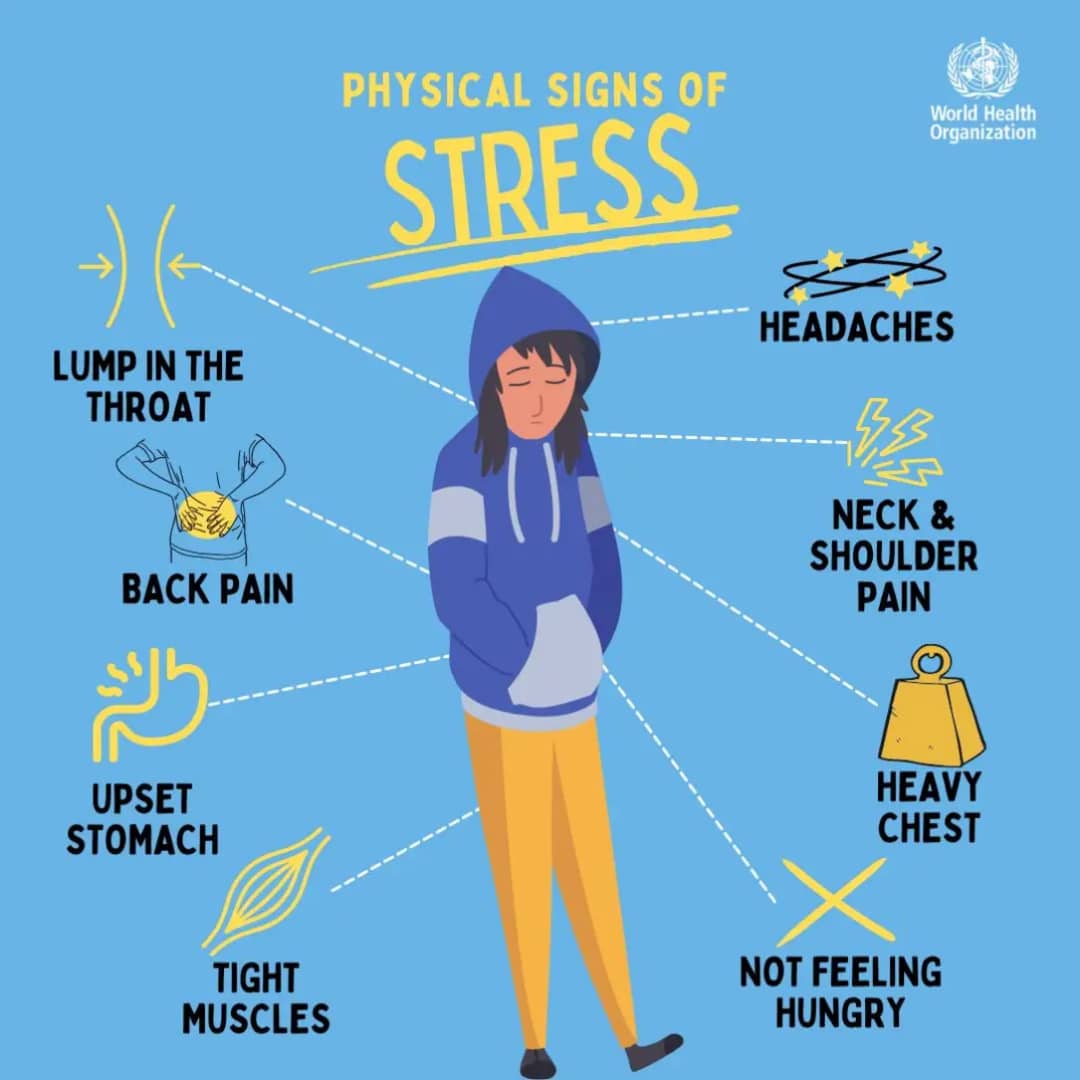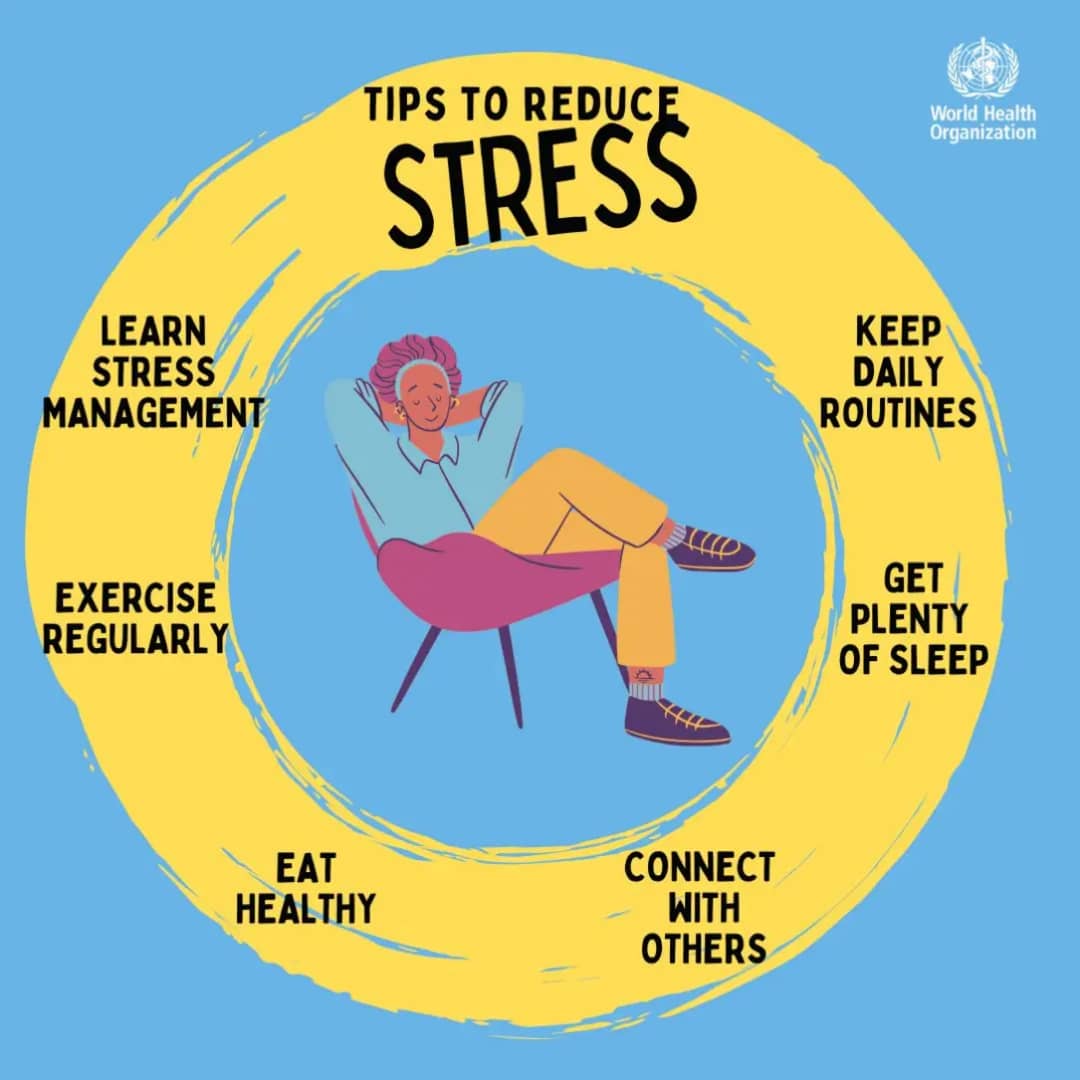The doctor said she's stressed, she needs to rest. The job is so stressful. This is stress. I'm stressed!!! Stress is something that comes up all the time in our everyday lives so we must learn to cope with it. What really is this stress?
Stress can be many things. It is a physical, chemical or emotional factor that causes bodily or mental tension, and may be a factor in disease causation (thanks Merriam-Webster). It could be a state resulting from exposure to these factors e.g. job-related stress. It can also be an experience of events which have the ability to endanger one’s well-being. Essentially, stress can be a factor, a state, or an experience.
Stress is caused by a myriad of things. It could be as a result of external factors which can range from seemingly insignificant things that affect one person such as misplacing a pen, to major events affecting the lives of many e.g. the COVID-19 pandemic. It could also be due to internal conflicts which occur when a person must choose between incompatible or mutually exclusive goals or courses of action.
Stressful events often have certain qualities in common. The inability to control or predict events often makes them more stressful, and major changes in life circumstances -both positive and negative- could be sources of stress, although this is individual dependent as one person's stress is another person's adventure.

Reactions to stress vary widely. There could be psychological reactions like exhilaration, anxiety, anger, discouragement, depression, difficulties with thought, attention and concentration, and physical reactions such as increased heart rate, breathing, blood pressure and release of stress hormones.
Stress makes you vulnerable to illness. It can make you less focused and prone to accidents, as well as engage in unhealthy habits and behaviour as a coping mechanism e.g. excessive intake of alcohol and smoking, use of illicit substances, stress eating, etc. It can increase your chances of developing mental illness. Chronic stress can lead to physical disorders such as ulcers, hypertension, heart disease. It can also affect the immune system and reduce the body’s ability to fight invading bacteria and viruses amongst others.
How do you cope with stress? It takes 2 major forms: problem-focused coping where you try to change the situation or avoid it in the future, and emotion-focused coping where you focus on alleviating the associated emotions when you can't change the situation itself.
There are behavioural techniques that help people control their responses to stressful situations include deep breathing exercises, relaxation training which involves teaching people techniques to deeply relax their muscles, slow down and focus their thoughts. The usefulness of relaxation training depends on the individual.

Physical fitness is important in controlling stress. Physically fit individuals have been found to show significantly lower heart rates and blood pressure in response to stress than the unfit, and are less likely to fall physically following stressful events.
Practicing gratitude, maintaining healthy relationships, keeping in touch with loved ones, having daily routines, an adequate diet especially one that includes breakfast, and decent sleep (at least 8 hours daily, yes, Lagos fam, 8 hours) are things you should not underestimate as well.
Life can be stressful, Nigeria is certainly stressful, but you can cope and we want you to live the best life you can. Stay healthy, and Breathe!
You can let me know how best you manage stress.
See you next week.
Featured images: Getty images


